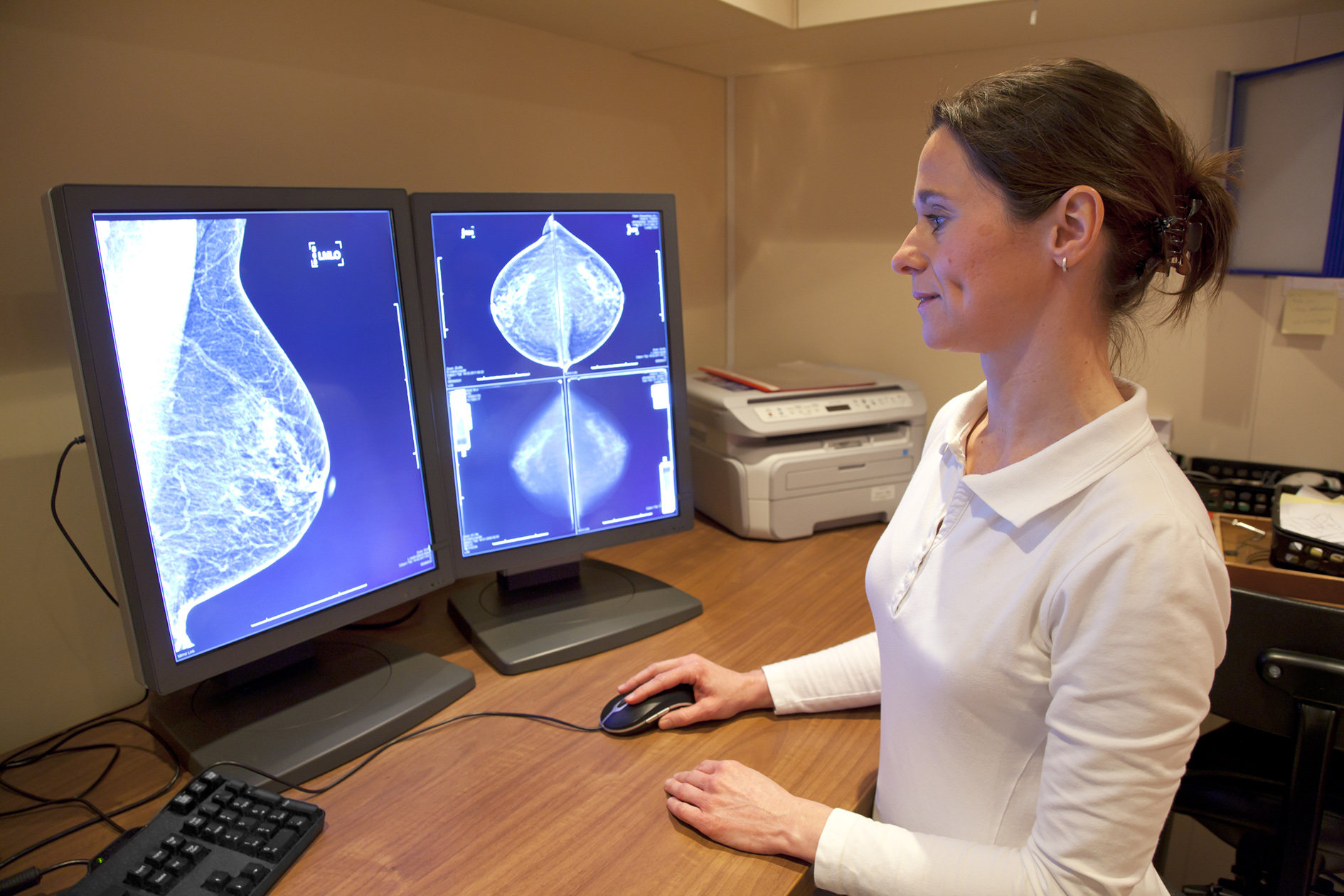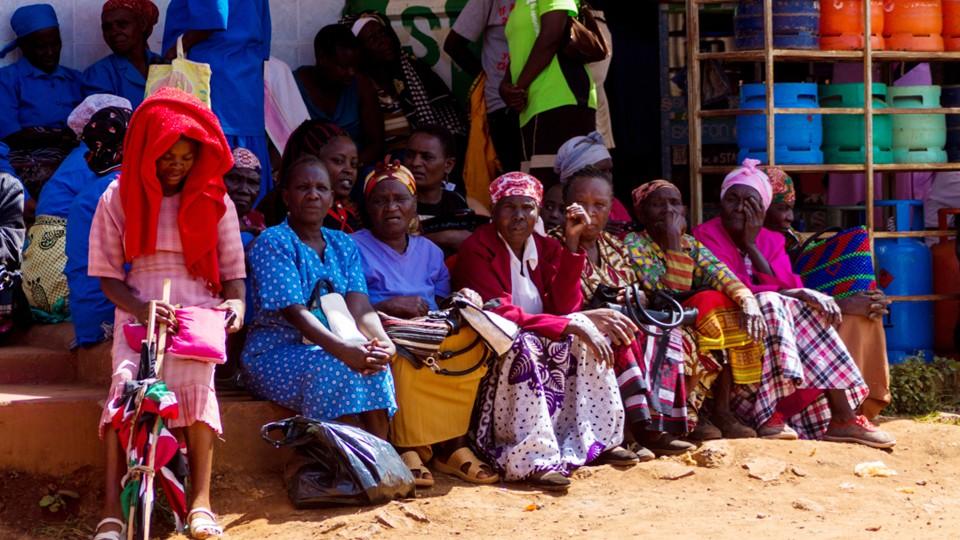MacroGenics looks to future with breast cancer drug margetuximab

A small biotech, MacroGenics, took the market by surprise earlier this year with some surprising data from its margetuximab – essentially a tweaked version of Roche’s Herceptin (trastuzumab) where a few amino acid mutations are enough to produce a stronger cellular response to cancer. CEO Scott Koenig has been doing the rounds at the American Society of Clinical Oncology (ASCO) conference in Chicago following release of detailed data from the SOPHIA trial of margetuximab in breast cancer patients who have previously been treated with Herceptin and other similar medicines. In SOPHIA, the median progression-free survival (PFS) of patients treated with margetuximab and chemotherapy was 5.8 months compared to 4.9 months in patients treated with trastuzumab and chemotherapy. Among the approximately 85% of patients carrying the CD16A 158F allele, a pre-specified exploratory subpopulation in the study, PFS was prolonged by 1.8 months in the margetuximab arm compared to the trastuzumab arm (6.9 months versus 5.1 months). The objective response rate, a secondary outcome measure in the SOPHIA study, was 22% in the margetuximab arm compared to 16% in the trastuzumab arm at data cut-off in October. MacroGenics argues that margetuximab works by tweaking the “Fc” part of Herceptin – the tail of the ‘Y’ shaped antibody – so that it interacts more efficiently with the immune system and produces a stronger anti-cancer response. With Roche losing sales to biosimilars as Herceptin goes off patent, the obvious question to Koenig is whether he is looking to sell up to the Swiss pharma or one of its competitors on the basis of the margetuximab data. Not necessarily is the answer from Koenig, who pointed out that the company has eight other cancer drugs in various stages of clinical development in the pipeline and a share price that has been boosted by the data from SOPHIA.  Scott Koenig Although he added that as a publicly listed company MacroGenics would have a “fiduciary responsibility” to consider all serious offers, Koenig said the plan is to carry on developing its pipeline as a stand-alone pharma. As one of the company’s co-founders around two decades ago, Koenig hopes margetuximab will be the first of several MacroGenics drugs on the market. A filing for margetuximab is due with the FDA later this year in heavily pretreated breast cancer patients with a view to further development in the earlier stages of the disease. The hope is that the FDA will opt for a faster six-month priority review on the basis of SOPHIA, but Koenig is already looking beyond this very advanced stage breast cancer indication. “We are looking very optimistically when the immune system is more intact that we may see greater benefits in earlier breast cancer populations. We have insights that combinations of margetuximab with other immune agents seem to have good activity.” Another potential indication is in gastric cancer, which in a minority of cases is also driven by the HER2 mutation like breast cancer based on favourable early stage clinical trials. According to Koenig it looks like margetuximab could work well with a PD-1 inhibitor in this indication, where the drug is in mid-stage development. He said: “In patients with second line therapy a combination of anti PD-1 and margetuximab have seen very significant response rates and overall survival rates that are better than standard therapy.”
Scott Koenig Although he added that as a publicly listed company MacroGenics would have a “fiduciary responsibility” to consider all serious offers, Koenig said the plan is to carry on developing its pipeline as a stand-alone pharma. As one of the company’s co-founders around two decades ago, Koenig hopes margetuximab will be the first of several MacroGenics drugs on the market. A filing for margetuximab is due with the FDA later this year in heavily pretreated breast cancer patients with a view to further development in the earlier stages of the disease. The hope is that the FDA will opt for a faster six-month priority review on the basis of SOPHIA, but Koenig is already looking beyond this very advanced stage breast cancer indication. “We are looking very optimistically when the immune system is more intact that we may see greater benefits in earlier breast cancer populations. We have insights that combinations of margetuximab with other immune agents seem to have good activity.” Another potential indication is in gastric cancer, which in a minority of cases is also driven by the HER2 mutation like breast cancer based on favourable early stage clinical trials. According to Koenig it looks like margetuximab could work well with a PD-1 inhibitor in this indication, where the drug is in mid-stage development. He said: “In patients with second line therapy a combination of anti PD-1 and margetuximab have seen very significant response rates and overall survival rates that are better than standard therapy.”












